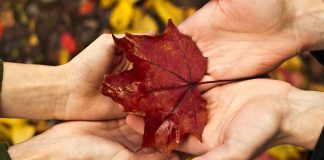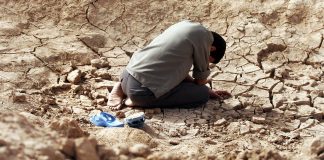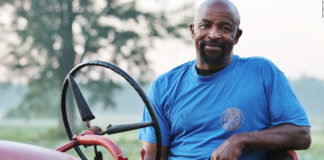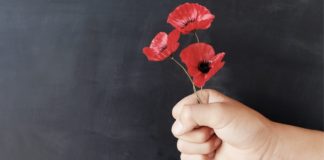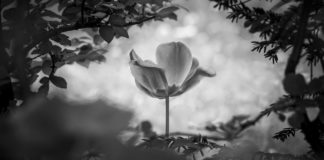Online fighting, a new subject of scientific study
An argument with people who seem deaf to opposing views, instigating conflict, tribe against tribe, is probably a common experience for social media users. Some believe that it is so common that it should be the subject of a new field of research‒erisology, named after Eris, the goddess of discord in Greek mythology.
The neighbour and the farthest
Could it be that, beyond economic, political or geostrategic difficulties, there are obstacles to the ideal of the common good that are inherent in human nature? And if something specific to human nature stood in the way of achieving this ideal, would it not lead to failure, regardless of overcoming all other difficulties?
Love doesn’t give up, regardless of the prognosis
Lace-edged rumours wafted through the student campus in Sagunto, Spain: Devin, one of the American boys who had come to Spain for a year of study, was dating Teresa, a second-year theology student who was hard to miss. Her striking beauty and cheerful nature attracted gazes like a magnet. No one suspected then, not even the protagonists of this relationship, that their love...
I shall not hate
Izzeldin Abuelaish wrote a book titled I Shall Not Hate, now translated into 13 languages, about the hatred that led to the death of his daughters. "Hate is a poison, a fire which burns you from the inside," he writes.
Can you buy joy?
The search for happiness is one of humanity’s greatest motivators. But most of us seek it through higher salaries, bigger and better homes, the newest gadget or latest fashion. A recent survey of wellbeing highlights three simple keys to happiness that most people can possess: a balanced and generous approach to money, a strong sense of life purpose and a few close and...
“Thanks for coming over!” | Ageing and social relationships
Our number of friends tends to decrease as we get older, but this trend, which has many negative effects, can be actively combated even when old age has already set in.
The social media trap
Two recent stories in Australian media shocked me to my core. Two 12-year-olds in different states took their own lives after being bullied at school.
The need for certainty
As we look at ourselves from the outside, taking our life seriously becomes difficult. This loss of confidence, as well as the attempt to regain it, are both matters related to the meaning of life. – Thomas Nagel, View from Nowhere
What we can learn from our children
The relationship between a parent and their child is one of the most significant in their lives, with its primary role being education.
Food for life
A lot is said and written about food, and a fair share of the promises we make are related to it. We might decide to eat more healthfully or perhaps we wish to diminish food waste. Unfortunately, our promises are often quickly forgotten, because destructive habits are hard to forsake. There are, however, people who have found ways to transform not just their...
Revelations from the morning pages
I am 33 years old, married and have a two-year-old daughter. It is great to be a mother and see how beautifully we were created. I was fascinated by pregnancy, I am still interested in the subject of natural births and I try to research as thoroughly as possible each stage we are going through.
COVID-19: What people on the front line think and feel
While most of us have been staying inside for several weeks, many leave the safety of their homes every day to help us live our lives as normally as possible.
The eternal illusion of the fundamental secret
One of the mind’s most pleasant and, at the same time, most tormenting occupations is to dream of a better life. How many times have we tried to generate a change for the better by means of a new purchase, new friends, new house, new job, new relationship or other ideas for a fresh start?
The power of grief: How to survive the death of a loved one
There has been an increase in the number of so-called "experts" in an increasing number of so-called "fields". It seems that all of life has been divided into neatly-marketable industries. No wonder then that the arrival of a new expert in something familiar to mankind for ages, is met with caution. In the case of Julia Samuel's expertise in the field of grief...
“Facing Suffering: Courage and Hope in a challenging world” | Book review
Roberto Badenas is a Seventh-day Adventist who specialises in Bible studies and is a New Testament teacher, with a theological leadership career that reflects his concern for people.














